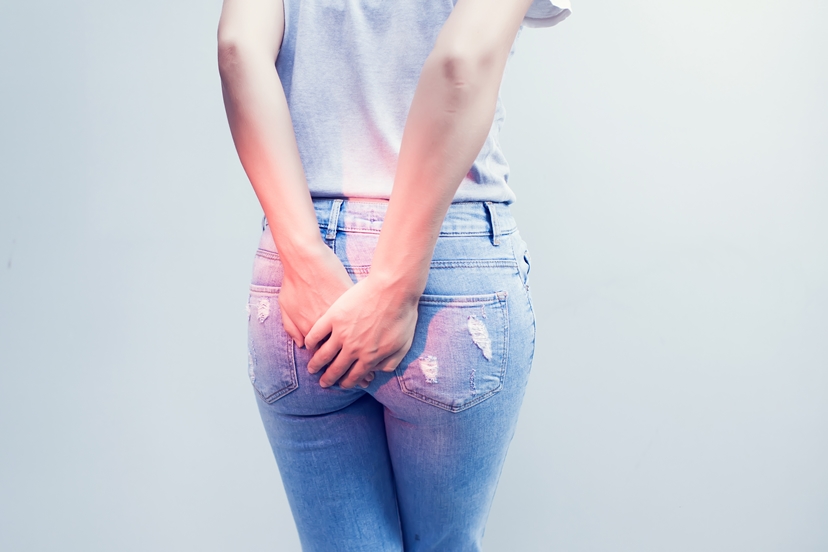Hemorrhoids
Hemorrhoids, known as the enlarged or swollen veins in your anus or lower rectum, are the common health problem for everyone. Hemorrhoids may result from increased pressure due to straining during bowel movement, pregnancy, or being overweight. Mostly, it is not a serious problem and can usually be treated at home by adjusting your lifestyle and over-the-counter remedies. However, if the symptoms persist and are not improved, getting a medical exam to find an effective treatment is recommended.
Hemorrhoids can be either “internal” or “external”. Internal hemorrhoids are those that line inside the rectum. They are typically painless, and you may just notice bright red blood on the toilet paper or dripping into the toilet bowl when passing stool. Sometimes, internal hemorrhoids prolapse or protrude outside the anus leading to pain and irritation.
External hemorrhoids can be found beneath the skin that surrounds the anus. You can feel bulges at the anus. Sometimes blood clots inside them, which is very painful and require medical attention.
Symptoms
- Pain or discomfort
- Itching or irritation around the anus or rectal area
- Lump or swelling near the anus
- Blood on your tissue after having a bowel movement.
How are hemorrhoids diagnosed?
The external hemorrhoids can be diagnosed by checking the area around the anus. The doctor may put the instrument inside your anus to check further any abnormalities within the anus such as an anoscope or proctoscope - a tube allowing the doctor to obtain a detailed look within your anal-rectal areas. To examine the area up close, sigmoidscopy which is a small camera attached in a small tube can be used to examine the hemorrhoid. Besides, if the patient has higher risk of becoming another digestive system or colorectal cancer, the doctor will perform colonoscopy to examine entire colon.
Treatment
Mild pain, swelling and inflammation of hemorrhoids can be treated with home remedies. You can start with eating high-fiber foods to avoid the straining that can worsen symptoms, applying an over-the-counter hemorrhoid cream, ice packs or cold compresses on your anus to relieve swelling.
For persistent bleeding or painful hemorrhoids, there are certain minimally invasive procedures available that can be done as an out-patient and do not usually require anesthesia
Rubber Band Ligation- the rubber bands will be tied around the base of an internal hemorrhoid to cut off the blood flow. The hemorrhoid then shrinks, dies and falls off in about a week.
Injection (Sclerotherapy) - It involves injection into the base of the hemorrhoid, appropriate for hemorrhoids that are smaller in size and dimension.
Infrared Photocoagulation - Using laser or infared light to cut off blood supply to the hemorrhoid, it is quick and painless.
When other medical therapies are failed to alleviate your symptoms or when hemorrhoids are extensive or severe, a surgical procedure will be considered which is the most effective and complete way to treat it.
You may find our specialist here at GI and Liver Center, Phyathai 2 Hospital
Phyathai 2 Hospital
International Correspondence Center
Tel: +66-2617-2444 ext. 2020 or 2047 E mail: onestop@phyathai.com
 @pt2_inter
@pt2_inter
 Phyathai 2 Cambodia
Phyathai 2 Cambodia
 PT2Chinese
PT2Chinese
 phyathai2inter
phyathai2inter
